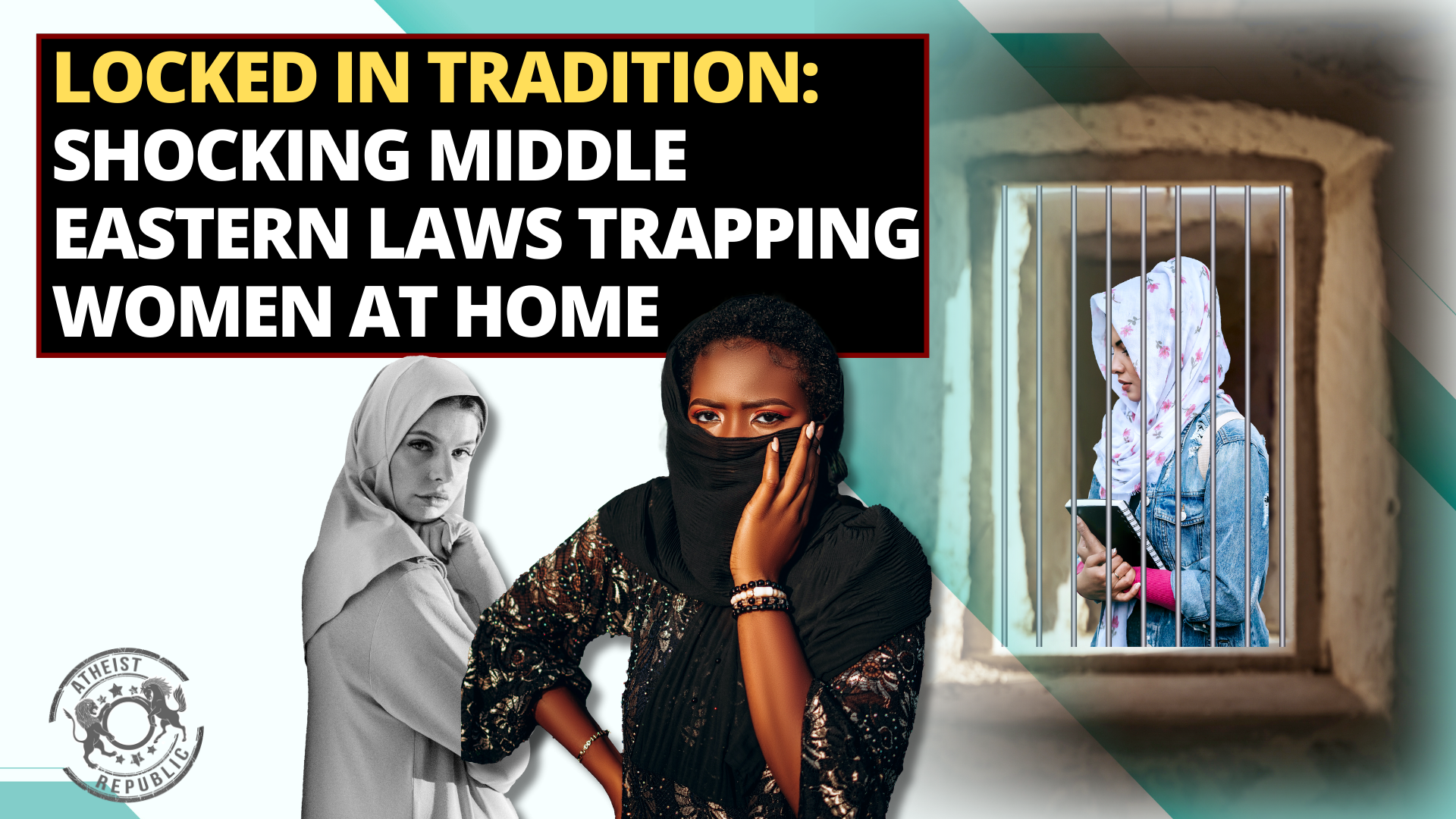
The Middle Eastern and North Africa (MENA) region continues to be one of the worst regions in the world to be a woman. Of the 25 countries ranked by the Georgetown Institute for
Women, Peace, and Security (GIWPS), at least seven are in the MENA region. Male guardianship laws that restrict women’s rights persist, limiting the opportunities for women to grow.
— Subhashini Ali (@SubhashiniAli) July 19, 2023
Stories of Middle Eastern women being trapped by their countries’ laws that restrict their rights are still common today. Two examples are Aya and Lina, two women from Jordan interviewed by the Guardian regarding their condition and lack of rights. Their identities were concealed for their safety.
Aya is nearly 30, but she still cannot leave her house without her family's permission. She can’t go to lunch with her friends and has no legal right to decide where she can work, study, or live.
“I am a prisoner at home,” Aya told the Guardian. “If I go out without my family’s knowledge, they’ll lock me in my room and beat me so hard that I’ll feel pain for months. I’m threatened with death. There are so many girls like me.”
But Aya is not alone. Another Jordanian woman, 24-year-old Lina, has to work remotely in her family’s home in the Jordanian capital Amman because her father doesn’t allow her to leave their house. She earns more than anyone else in her house, making around $2,400 a month with her work.
However, Lina doesn’t know how to spend her salary because she cannot leave without her family’s permission. She even had to turn down a job promotion because she didn’t feel confident with her qualifications.
“I don’t think I have good social skills because I can’t go out and socialize like my brothers,” Lina said.
She wasn’t even allowed to physically attend a co-ed university, even though her 18-year-old brother was allowed to attend one. She begged her father to allow her to attend an online university that would only require in-person physical attendance twice a month for exams. Lina’s father eventually allowed her, on the condition that he would drop her off and pick her up each time.
Fifteen countries in the MENA region, including Israel, have laws where religious courts have jurisdiction over marriage and divorce, which means women can lose their inheritance rights if they leave their marital home, work, or travel without their husband’s permission. Countries such as Kuwait, Jordan, Saudi Arabia, and Qatar take it a step further, and women can be either arrested, imprisoned, or forced to return if their male guardians report that they were absent.
Can Israeli women leave their homes without male guardians?
YES
Hey, @guardian. This is what happens when you blindly follow anti-Israel NGOs like @hrw and republish their faulty content without basic fact checking.https://t.co/qXG0D9w9Ww pic.twitter.com/gycX0uTNwn— HonestReporting (@HonestReporting) July 19, 2023
“It’s important to understand that violence against women doesn’t just include physical violence; it also includes restrictions on movement,” Rothna Begum, a senior researcher at Human Rights Watch, said. The organization recently published a new report tackling the women’s rights situation in the MENA region.
“You have a spectrum of women who are controlled; some have a curfew, but other women can’t even see their friends at a cafe. You have no ability to have a social life in that respect. Women talk about their lack of agency contributing to depression; some feel so controlled they attempt suicide,” she added.
